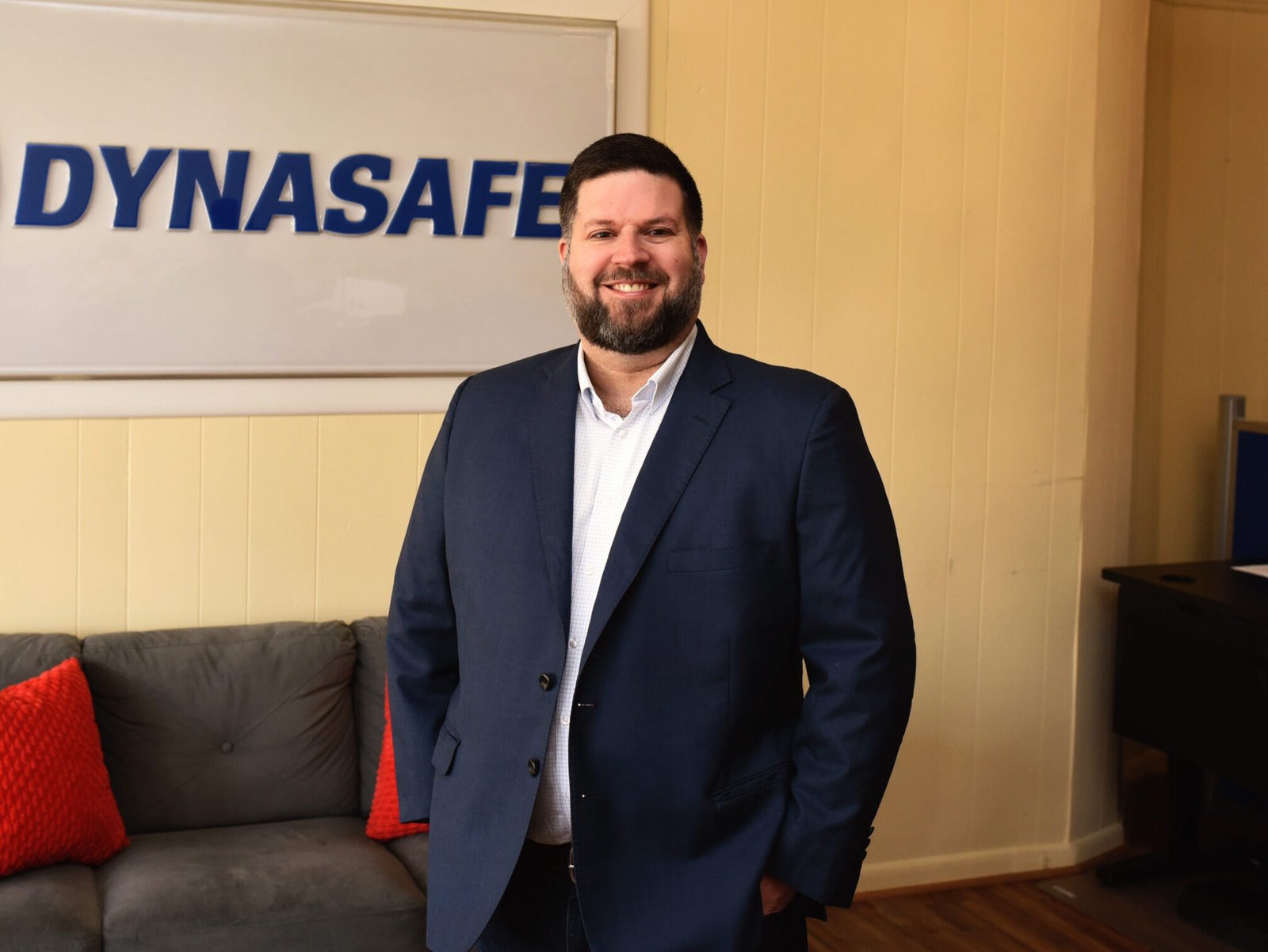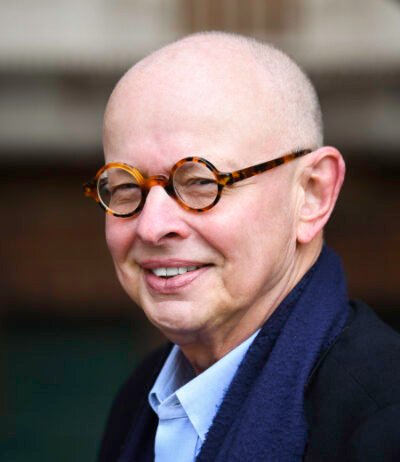I recently went one-on-one with Christian Lavers, co-founder and President of the ECNL.
Adam: Thanks again for taking the time to share your advice. First things first, though, I am sure readers would love to learn more about you. How did you get here? What experiences, failures, setbacks, or challenges have been most instrumental to your growth?
Christian: If you would have told me in college that my career would ultimately revolve around sports, I would have told you that you were crazy. When my college soccer journey ended, I was set on a career in finance and investment banking, and I thought that my days in soccer were over. Unexpectedly, a small opening in 1998 to begin coaching, just before I graduated undergrad, was all it took for me to be hooked and to be pulled back into the sport. I dove in completely and, through a variety of other experiences over the next 20 years, the one constant was that I was coaching anywhere and everywhere I could. I went to law school and business school while continuing to coach because I felt that adding those types of professional skills would help me in any field long-term, and I coached even as I started my professional legal career.
I have been blessed with many opportunities and experiences to grow and learn as a professional and a coach, and I couldn’t have intentionally charted this course if I tried. I worked both full-time and part-time as a corporate attorney, in multiple different youth clubs, and I got involved in as many parts of youth soccer as I could. Ultimately, while there were lots of ups and downs like in anything, being so deeply involved in soccer led me out of corporate law (which is I was doing as I continued my coaching) and full-time into the soccer business.
Adam: How did you come up with the idea for your organization and know it was worth pursuing? What advice do you have for others on how to come up with and test ideas for business or non-profit organizations?
Christian: I can’t claim to be the originator of the ideas behind the ECNL. The need for change in youth soccer was first really propagated by US Soccer in 2007 when they created the Development Academy, a program to try and provide a better environment for development in youth male soccer. Many of us in the grassroots felt that the same concept was needed for youth female soccer – but no one was doing it and US Soccer wasn’t going to do it. So, we figured we would try it ourselves.
A small group of us, with current ECNL VP Doug Bracken as one of the other primary people, put together a 5-year plan on how to change youth female soccer and we presented it to some of the top clubs in the country in 2009. Many of them thought it was crazy, but we got 40 clubs to say they would try it. From that small start, the ECNL has grown to over 100,000 of the country’s best players – but, again, I wouldn’t say we planned it that way.
To your broader question, what we did was identify a problem and then try to provide a simple solution. The important part was that, because we were all involved in the sport on a daily level of coaching, we almost intrinsically understood the market, the challenges, the opportunities, and the consumer desires. That’s where we started – identifying what the market and consumer needed changed. It was only many years later, after a lot of growth, that we started to be more intentional in how the business was managed and on developing a more clear long-term vision. Our first 5-7 years was spent almost entirely selling our ideas of how to improve the sport, getting clubs and people to trust us, and creating a basic service that the consumer (clubs) felt was best for them. The last several years have been about professionalizing our operations, expanding our scope of services, expanding our reach, and working to ensure that the organization is sustainable long-term.
Adam: What are the key steps you have taken to grow your organization? What advice do you have for others on how to take their organization to the next level?
Christian: As cliché as it is, the most important ingredient for long-term success is hiring and empowering great people. No matter the size of any organization today, it is the quality of people in it that will determine its size and impact in the future. We have a fantastic group of leaders at all levels who are all very high-character people. They believe in what we are doing, they work exceptionally hard, and they are skilled in their job.
Our organization really took off when, though some competitive pressure and changes in the industry, we were forced to look internally and clarify what we really believe in, what we stand for, and why we existed. It was almost an existential moment for us, and though we were successful prior to that time, our vision for the future and our ambition wasn’t nearly as clear as it is now – as it got through that process. We are now very intentional on what we want to achieve, and the values that we believe in. That has helped us be more disciplined in our decision-making, but I think it has also resonated deeply with the clubs we work with. I frequently say that I want clubs to join the ECNL because it is the best youth soccer platform in America – but I don’t want that to be the first reason they choose to be with us. I want the first reason they choose to be with us to be because they believe in the same things we believe in, and they know that we are value-aligned with them.
Adam: What do you believe are the defining qualities of an effective leader?
Christian: I think the two most important qualities in leadership are honesty and great communication skills. Honesty because, if people don’t trust what you say and believe that you will do what you say – then no one will follow you long-term. We have always felt that we must say what we are going to do, and then do what we say. Communication skills are incredibly important as a leader because almost no one remembers, acts on, or internalizes things that they hear once, or on things that they don’t understand clearly. The ability to concisely and consistently articulate what you believe in and how you are going to achieve your goals is incredibly important.
Adam: How can leaders and aspiring leaders take their leadership skills to the next level?
Christian: Surround yourself with good and talented people and read a lot in a lot of different areas. I love the Eric Hoffer quote that in times of change the learners will inherit the world and the learned will be beautifully equipped for a world that no longer exists. Or the quote from Marine General Mattis that if you haven’t read hundreds of books, you are functionally illiterate because your own personal experiences are not broad enough to sustain you. The second part of that Mattis quote also reinforces the importance of surrounding yourself with really good and talented people. If you have a broad range of knowledge and curiosity, deep expertise in a few areas critical to your field, and you are surrounded by good and talented people than you are going to be successful.
Adam: What are your three best tips applicable to entrepreneurs, executives, and civic leaders?
Christian: One, don’t be afraid to try new things but don’t be naïve to challenges, risk, and reality. I speak about constant, but small, iteration. That way you don’t make major mistakes, but you also don’t get lazy and fall behind. Two, make your word your bond. In moments of stress or pressure, people want to know they can count on you. Three, once again, surround yourself with good and talented people. The last part is so important. We are the product of who we talk to and what we put in our minds.
Adam: What is your best advice on building, leading, and managing teams?
Christian: At a personal level, treat people how they want to be treated, and on a team-level, establish what the non-negotiables are in your culture. Successful teams have uniquely talented people that are committed to both the vision and culture of the team or organization. We talk to our team about assessing two primary variables in team members: trust and performance. Eventually, we want high-trust, high-performance people everywhere. We will work very hard to help high-trust people get better if their performance or skill set needs improvement. But low-trust people, regardless of performance level, will not be in our team long-term.
Adam: What is the single best piece of advice you have ever received?
Christian: I don’t know that there is any single best piece of advice – as I have received so much help, mentorship, and advice throughout my career. I truly have been blessed in the people that have surrounded me throughout my life, from my parents to my friends and peers, and my family. But I will say the piece of advice that has perhaps made most of my career possible was given to me by my parents. They said do what you love, and the money will take care of itself. That meant don’t be afraid to immerse yourself in something you love to do even if there doesn’t seem to be a clear path for a career. If you love it, you will work incredibly hard at it, you will find others that also love it, and opportunities will present themselves. If you do those things, you can build a career in anything. That advice allowed me to resist some of the fear that comes with doing things “differently” or being off the typical path. And to quote Robert Frost, that has made all the difference.









